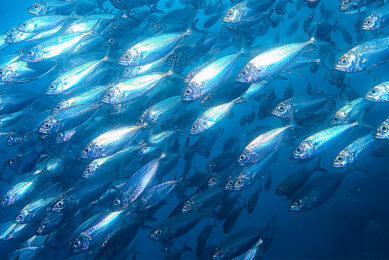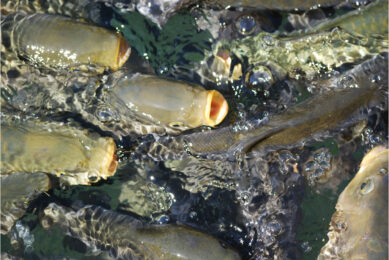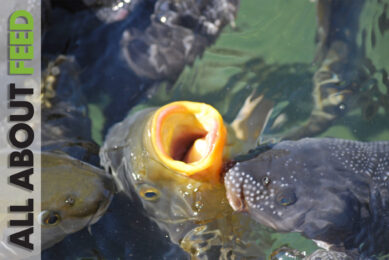How to make sustainability an added value
For years now you’ve heard that responsibility will add value to aquaculture. At the aquaculture business conference AquaVision, Dr Philip Smith tells you how.
Dr Smith, himself a long time industry insider, is the head of the newly established Aquaculture Stewardship Council (ASC).
“Sustainability will force its way through by means of green market trends and stakeholder demands for better management practices. In this situation, establishing the Aquaculture Stewardship Council can be a convenient and important tool for the industry,” he argues.
At AquaVision, Dr Philip Smith, bearing the title Development Director of the ASC, will guide delegates through the assets of the council, demonstrating how they may benefit from it at farm level. He will also discuss the impact on the aquaculture industry of the planned ASC certifications.
“Responsible aquaculture is not only smart for the environment, it’s smart for business,” he says. “Pursuing sustainability is in line with good management practices that will limit the volatility experienced in a number of species and geographies, most recently by salmon in Chile. It also serves to respond to growing consumer demands for sustainable products and will lead to improved economic benefits for the industry over the long term.”
How will the sustainability certification standards of the newly established Aquaculture Stewardship Council impact fish farming? “In a positive way”, argues the Council’s director Dr Philip Smith. In June he explains why at the aquaculture business conference AquaVision 2010.
Promising track record
The ASC is built on a well established practice from other industries, e.g. forestry and marine fisheries, where stewardship councils are already well established and reputed.
The councils work with independent, third party entities to certify farms that are in compliance with agreed sustainability standards for the industry. These certifications are trusted guides for consumers, the authorities and the general public.
Initiated by the WWF
The evaluation standards of the stewardship councils are both environmental and social. They are developed by comprehensive round table dialogues, in this case the Aquaculture Dialogues.
The dialogue processes leading to stewardship councils are an initiative of the World Wide Fund for Nature (WWF) but, Dr Smith emphasises, the resulting councils are completely independent.











